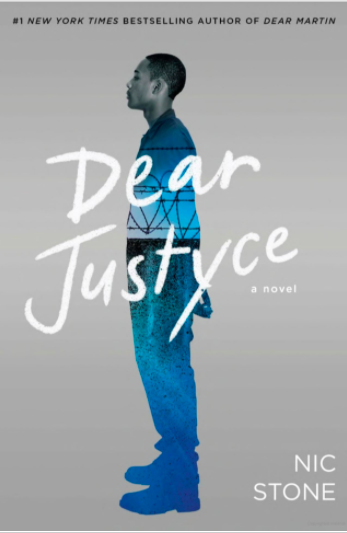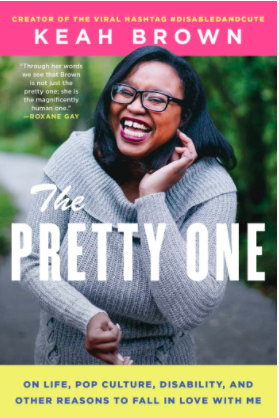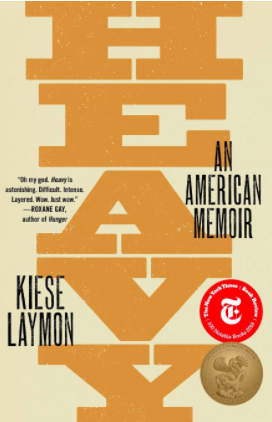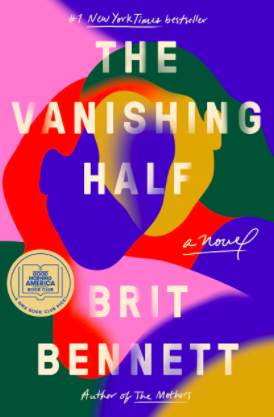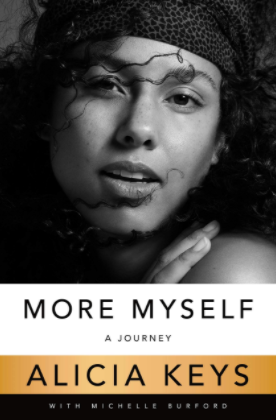Uncovering White Privilege Through Books
Episode 28 of my podcast, Uncovering White Privilege Through Self Care, is one of my most-played episodes. Which got me to thinking that I should talk about what else I’ve been doing behind the scenes in my work to become an anti-racist. It’s included a lot of reading to expose myself to narratives about the experience of being Black in America. I read both fiction and non-fiction to learn about diverse, personal stories. I learned of the phrase “Decolonize your bookshelf” from Diversity, Equity and Inclusion Consultant Ericka Hines and I love to think of what I’m doing through this lens.
A couple of things to note before I share my books with you:
1. I am not an expert on diversity, equity, inclusion; I am simply a person trying to learn about the varied, unique experiences of people of color.
2. As a reminder of what it is: Peggy McIntosh tells us that white privilege is the advantage that white people, on average, have in American society.
This may be idealistic, but I believe reading books can transform lives. At the very least, books give us a window into an existence other than our own. And often, we see a glimpse of ourselves through that window, even if the life of the character is completely different than our own. Books increase our capacity for empathy.
Dear Justyce by Nic Stone (fiction): Get your hands on this book. The back story is that author Nic Stone was asked IRL by two teenage Black boys she had met at a school event to tell their story. Not the one where the Black kid from a rough neighborhood makes it and goes to an Ivy League school, but the one where obstacles are everywhere, kids get in trouble with the law, and systems fail them. We (white people) need to learn more about the experiences kids have with the criminal justice system.
The Pretty One by Keah Brown (memoir): Keah Brown is the girl-next-door who happens to be Black, disabled, and bisexual. She opens the door and welcomes us in to her personal journey as she explores the intersection of these identities. Keah Brown is creator of the #DisabledAndCute hashtag and continues to take the world by storm.
Heavy by Kiese Laymon (memoir): Prepare to be blown away by “Heavy”. As in gut-punched with the all the breath sucked out of you. Kiese Laymon has a way with words that is incredibly unique and unflinching. He explores many themes in this memoir, but one that really struck me was how he encounters blatant racism in the highly prestigious academic environment in which he worked. I was reading this while following the story of my friend’s husband, Dr. Paul Harris, who was initially denied tenure this year at the University of Virginia where he is a professor. The two stories were eerily similar and very disconcerting. If you love fresh voices, read this book.
The Vanishing Half by Brit Bennett (fiction): OMG I love the work of author Brit Bennett and this book does not disappoint! My FAVORITE book of 2020! The story follows two sisters and examines how the different decisions they make drastically alter the course of their lives. It’s about what we do and refuse to do for family, how we hide from our true selves, coming home, and how our children are different than us. And so much more. I got this one from our local independent bookstore the week it was released and it was definitely my favorite book of the year.
More Myself by Alicia Keys (memoir): To me, Alicia Keys simply exudes confidence and poise. She is a badass. But her book takes us behind the scenes of her success and examines what it cost her to mold her image to what everyone else wanted her to be. It’s about growing up in the entertainment business and learning to speak up for herself. We need more stories of Black women’s success, truly making it big and that’s why I endorse this book as part of your decolonization of your bookshelf.
Note: This article contains affiliate links

